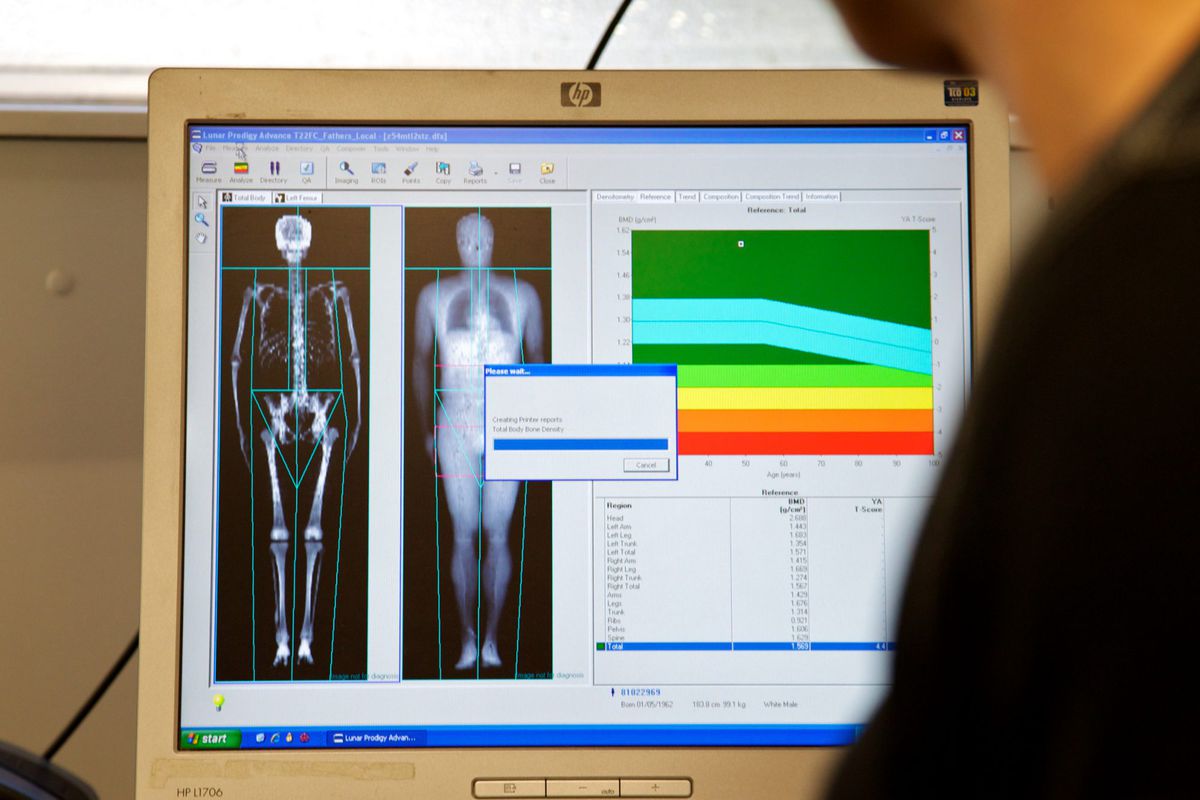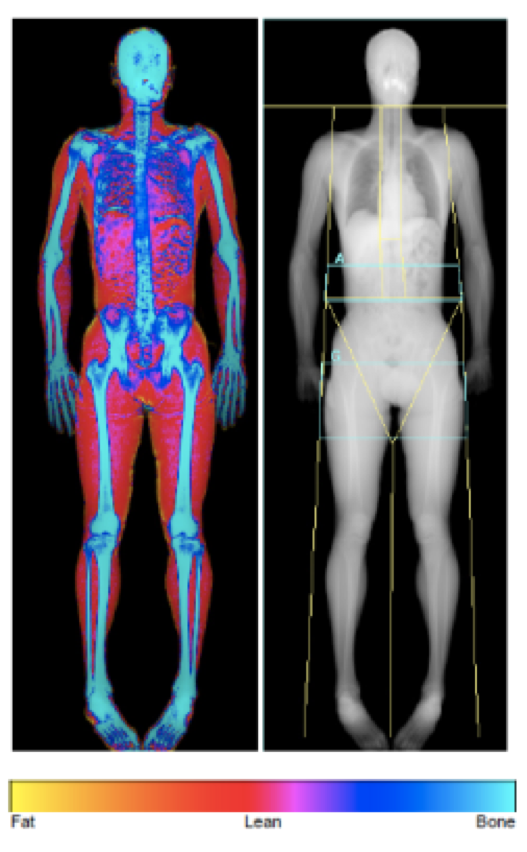
Why Is Bmi Not An Accurate Measurement Of Body Composition
In our results bmi showed an unacceptable low sensitivity for detecting body fatness with more than half of obese subjects by body fat measurement being labeled as normal or overweight by bmi. Body mass index is the standard metric for determining who is normal weight overweight and obese but bmi is not an accurate measure of fat and doesnt explain the causes of poor health. The true prevalence of obesity might be strikingly higher than that estimated by bmi. For adults ages 20 years and older bmi incorporates weight and height but it does not take age or sex into account. A person with a bmi of 10 or 11 is definitely skinny but probably ok if they have a small frame. Using this chart a person with a bmi of 9 is probably underweight at any height.
A woman tends to have more body fat than a man with the same bmi. The measurement may not be accurate for people whose body fat distributions vary. But in recent years more researchers argue that its not the most accurate way to measure body weight. Body mass index bmi is a common. Bmi readings under 185 mean you are underweight and could put on a few pounds. A bmi of 12 13 is good for a person with an average build and a large framed person would still be healthy with a bmi of 14.
If you fall between 185 and 249 youre considered normal while a bmi of 30 or higher qualifies as overweight. Underwater weighing is regarded as the gold standard for body composition measurement as it is one of the only body composition technologies that have been compared directly to cadaver analysis. Body fat scales can be an easy way to track your body fat percentage but they may not tell the complete story about your health. Accuracy can also vary depending on various factors including. Bmi body mass index which is based on the height and weight of a person is an inaccurate measure of body fat content and does not take into account muscle mass bone density overall body.
Random Post
- body temperature measurement app iphone
- kwon nara body measurement
- full body measurements for sewing
- wet body measurement
- lucy robson body measurements
- archita sahu body measurement
- irena drezi body measurement
- bra size underbust measurement
- good body measurement
- j lou body measurements
- bra measurement malaysia
- nil sani body measurements
- abhirami body measurements
- measurement of body fluid compartments
- kelly hu body measurement
- wwe brock lesnar body measurement
- how to take body measurement
- girth measurement for body fat
- robert downey jr body measurements
- lee min ho body measurement
- wasim khan body measurement
- body measurement iphone app
- aisha tyler body measurement
- eve body measurements
- body measurement mkv
- lele pons body measurement
- michael clarke duncan body measurement
- body measurement dakota blue richards
- body measurements no
- knee body measurement
- body measurement cfa
- what body measurements should you take
- gong hyo jin body measurement
- gwyneth paltrow body measurement
- right way to take body measurements
- body measurements of sonam kapoor
- body measurements quizlet
- jennette mccurdy body measurement
- lucion pushparaj body measurement
- body measurements buy online
- sarah khan body measurement
- lesbian body measurement
- nathan jones body measurements
- gracyanne barbosa body measurement
- lili reinhart body measurement
- put in measurements to see body shape
- body measurement button
- liz katz body measurement
- rubika liyaquat body measurement
- body type based off measurements

/445205-59a210fa68e1a2001328bf5e.jpg)


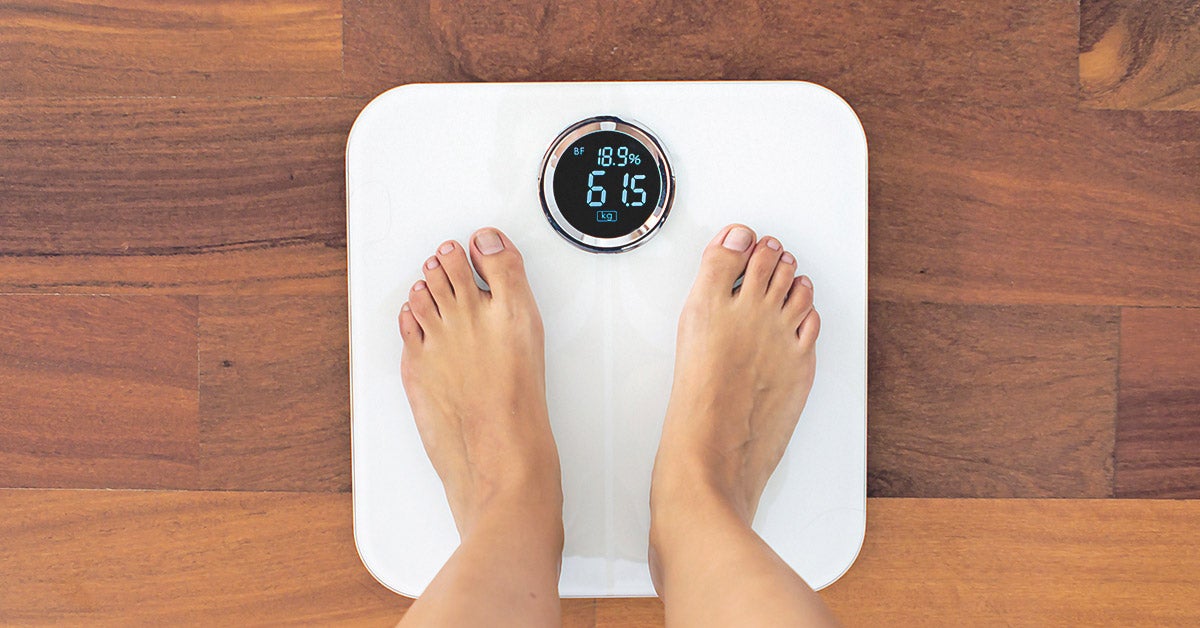





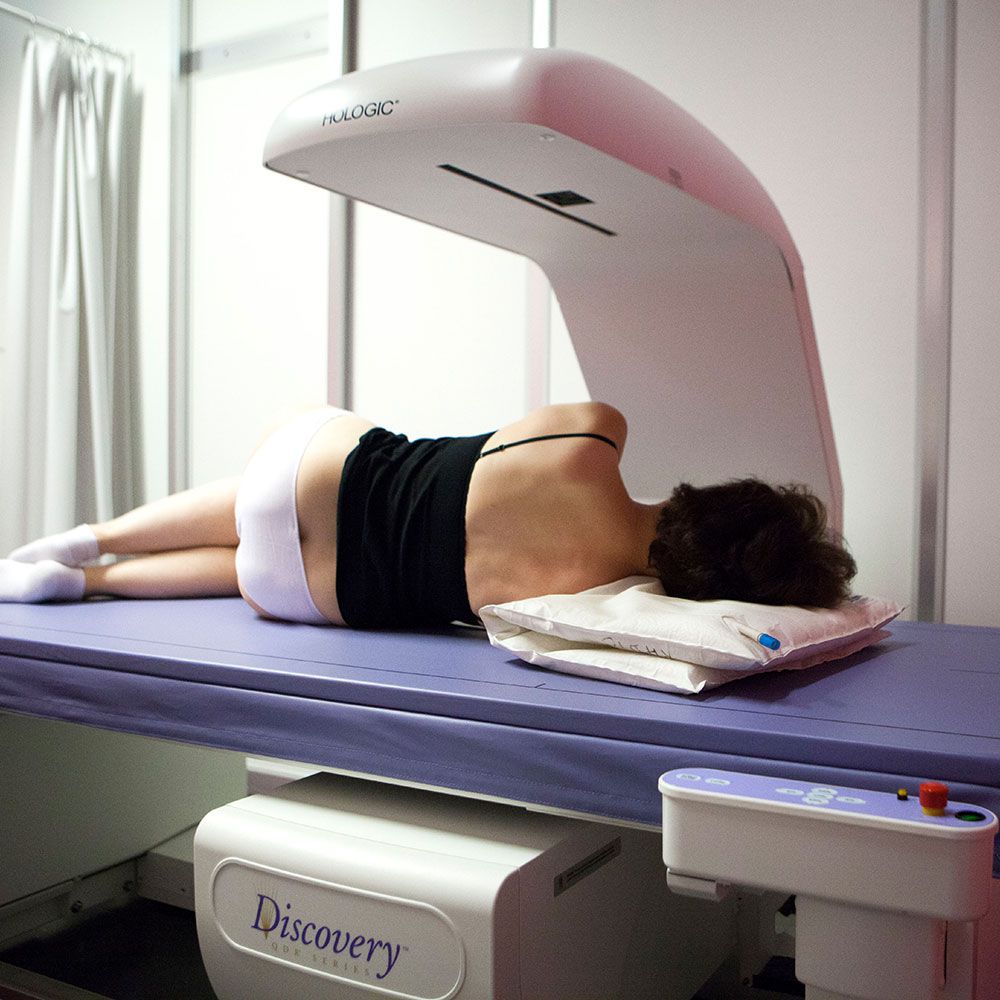








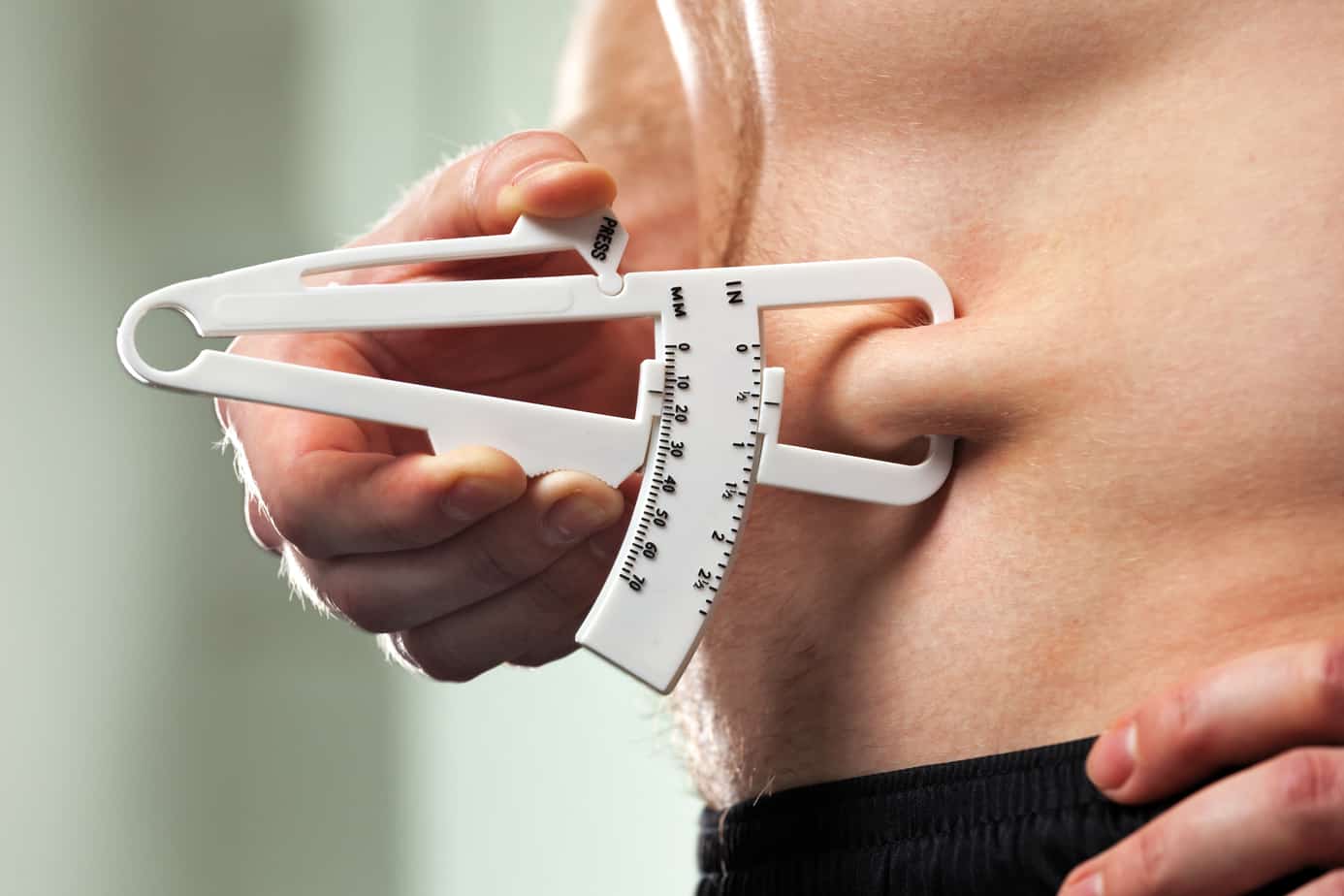



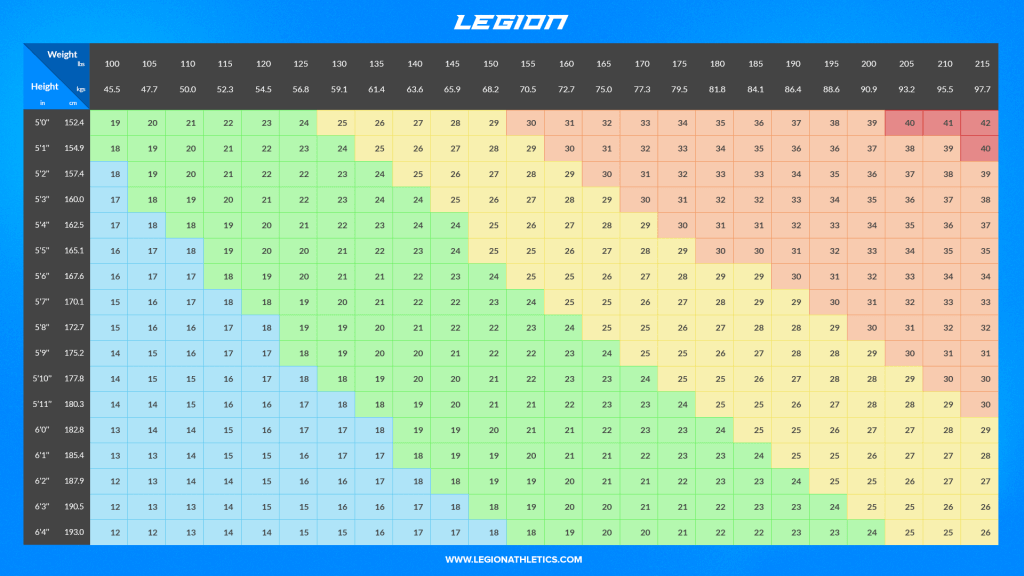
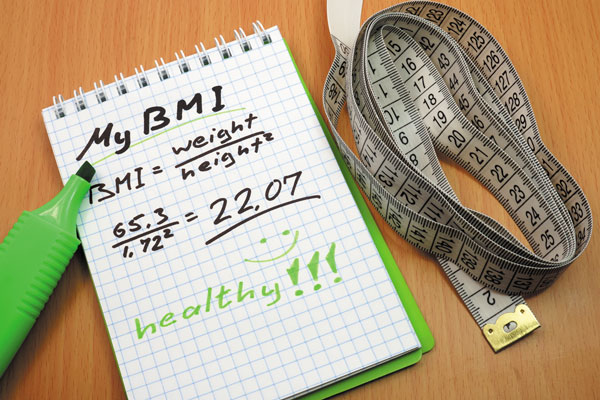
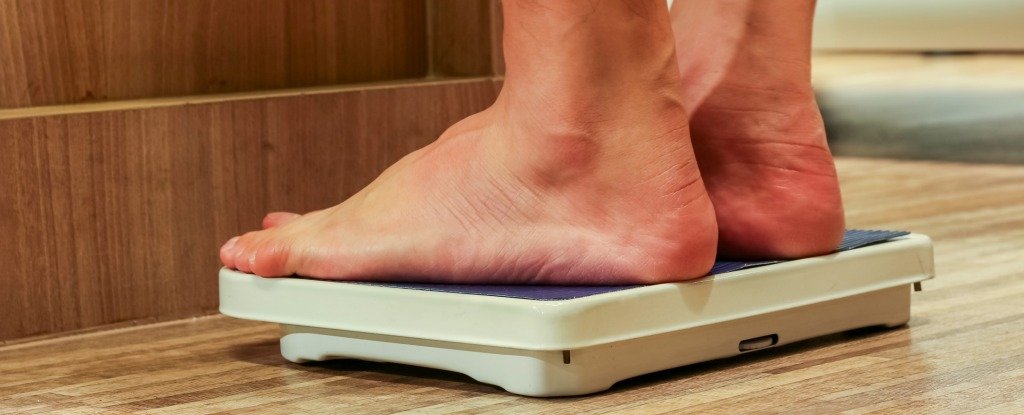


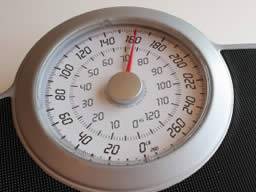



/underwater-hydrostatic-body-fat-weighing-453131436-5ad4f5c2642dca0036367079.jpg)


